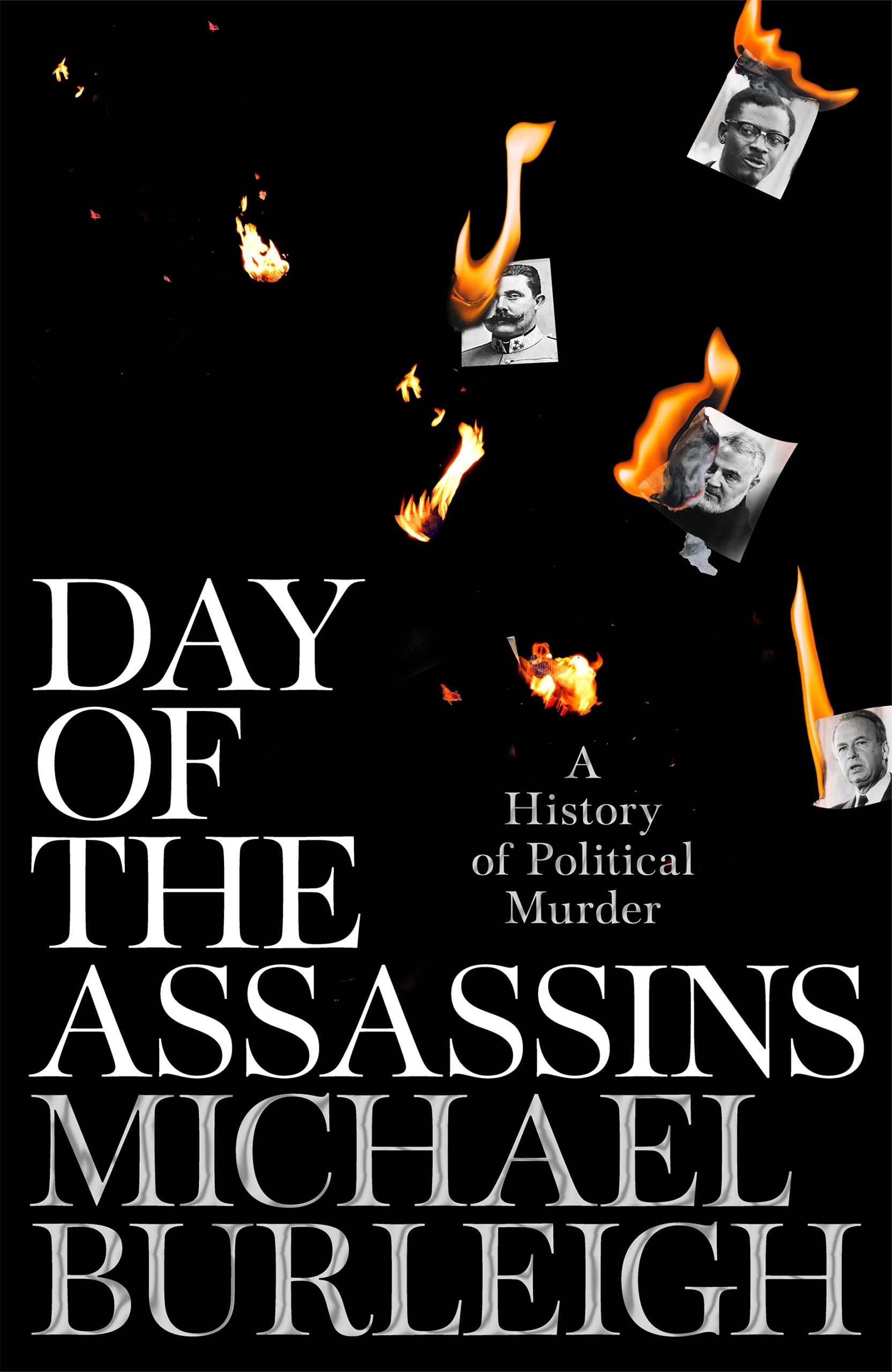The traditional image of a political assassin is a lone wolf with a gun, aimed squarely at the head of those they wish to kill. But while there has been enormous speculation on what lay behind notorious individual political assassinations – from Gaius Julius Caesar to John F. Kennedy – the phenomenon itself has scarcely been examined as a special category of political violence, one not motivated by personal gain or vengeance. Now, in Day of the Assassins, acclaimed historian Michael Burleigh explores the many facets of political assassination, explaining the role of historical precedent, why it is more frequent in certain types of society than others and asking if assassination can either bring about change, or prevent it, and whether, like a contagious disease, political murder can be catching. Focusing chiefly on the last century and a half, Burleigh takes readers to the Congo, India, Iran, Laos, Rwanda and South Africa and revisits notable assassinations in Europe, Russia, Israel and the United States. Throughout, the assassins themselves are at the centre of the narrative, whether they were cool, well-trained professional killers, like the agents of the NKVD or the KGB, or men motivated by the politicization of their private miseries. Even some of those who were demonstrably mad had method in the madness and acted for comprehensible political motives. Combining human drama, questions of political morality and the sheer randomness of events, Day of the Assassins is a riveting insight into the politics of violence.]]>
History, Politics and government, Warfare and defence
Day of the Assassins
Original price was: ₹650.00.₹488.00Current price is: ₹488.00.
A History of Political Murder
This book is currently not in stock. You are pre-ordering this book.

